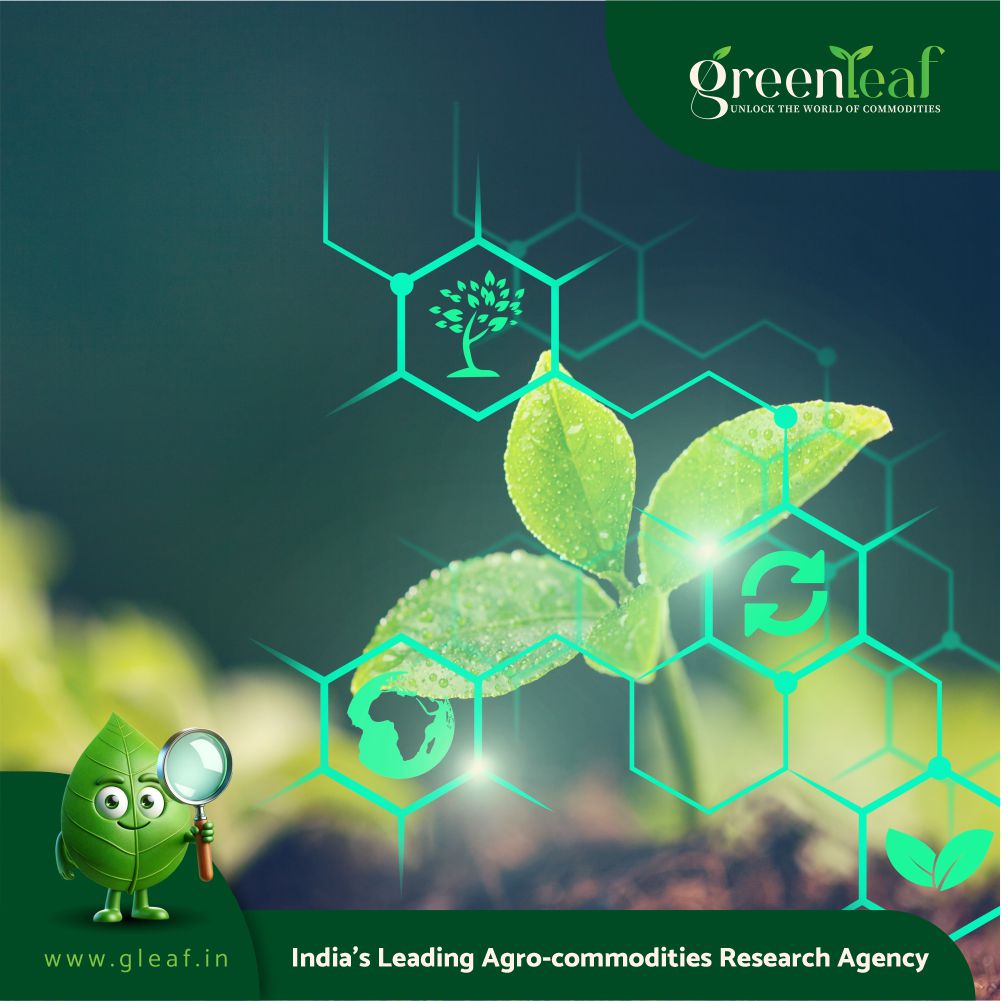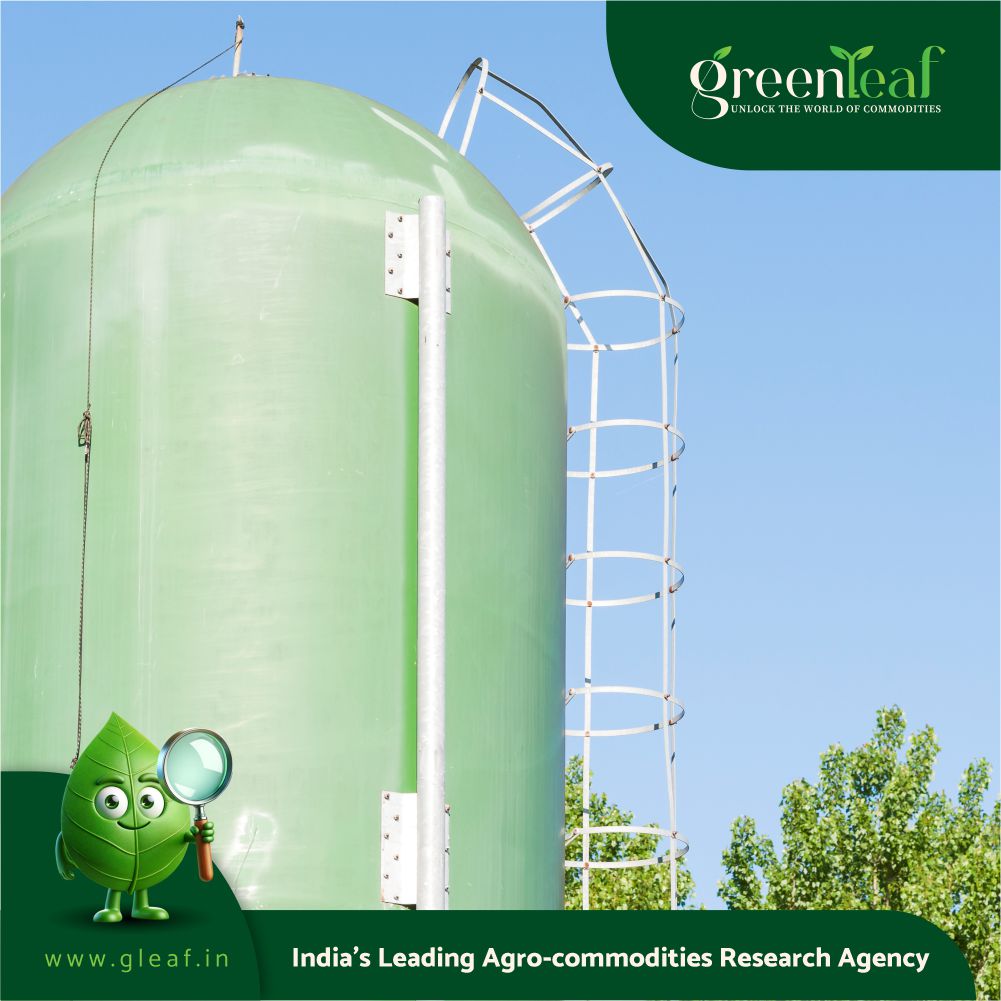European biodiesel markets face potential restructuring following policy discussions in Germany and the Netherlands that could significantly alter how advanced biofuels are counted towards renewable energy targets, Vesper wrote.
The German government had reached an informal agreement to end double-counting for advanced biofuels, including used cooking oil methyl ester (UCOME), towards greenhouse gas (GHG) quotas, the 6 November report quoted industry sources as saying.
According to an internal memo from industry association VDB, the energy ministry expects a legal amendment to take effect on 1 January 2026, coinciding with the European Union (EU)’s RED III legislation implementation into German law.
The proposed change would have significant implications for used cooking oil methyl ester (UCOME), which could become substantially less relevant in Germany’s biodiesel market, the report said.
Market sources had indicated this shift would likely increase demand for hydrotreated vegetable oil (HVO), Vesper wrote.
This policy adjustment could also support rapeseed oil demand, potentially offsetting downward pressure from this year’s larger crop as the market relied more heavily on HVO production, the report said.
Germany was also addressing supply chain concerns and the environment ministry had reached an agreement on “protection of trust” provisions, which would allow authorities to cancel certificates generated through fraudulent activity, including false declarations of biofuel imports, Vesper wrote.
Sources indicated this could apply retroactively for two years, potentially disqualifying some small- to medium-sized suppliers from selling to Germany and creating a premium in the German market.
“This possibly means that if this law is introduced, large buyers such as Shell will include clauses in their contracts transferring liability to suppliers for any potential fraud,” one market player was quoted as saying.
The Netherlands is pursuing similar reforms, according to the report.
The Dutch Emissions Authority had confirmed that UCOME would be treated as a fossil fuel if supplied to the maritime sector under the country’s upcoming RED legislation, the report said.
While UCOME would remain eligible for compliance in road transport and inland waterways sectors, bunkering demand for UCOME was expected to decline.
The German policy change came as UCO markets faced additional pressure from increasing Chinese sustainable aviation fuel (SAF) production, a 24 October Vesper report said.
China had approved three additional biofuel refiners for SAF exports, issuing quotas totalling 788,000-828,000 tonnes/year to Shandong Haike Chemical, Shandong Sanju Bioenergy and Bain Capital-backed EcoCeres, Vesper wrote.
According to a Reuters report, China has increased projected SAF exports to 1.2M tonnes this year, leading to increased competition for UCO feedstock.
European biodiesel producers now faced a strategic decision point, with the elimination of double-counting in Germany removing a significant economic incentive for UCOME production, while growing Asian demand for UCO feedstock had created additional supply constraints, the report said.
“For UCOME producers and biodiesel buyers, the next two months present a critical window to reassess supply strategies before the anticipated German policy implementation. The removal of double-counting advantages will fundamentally alter the economics of UCOME production versus HVO processing,” Vesper wrote.















